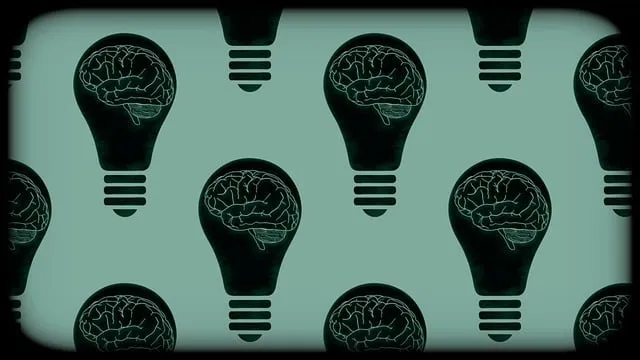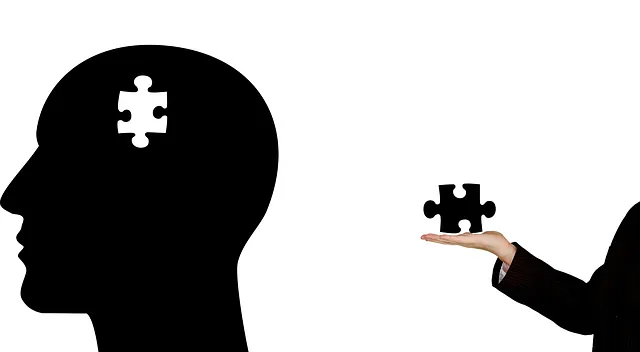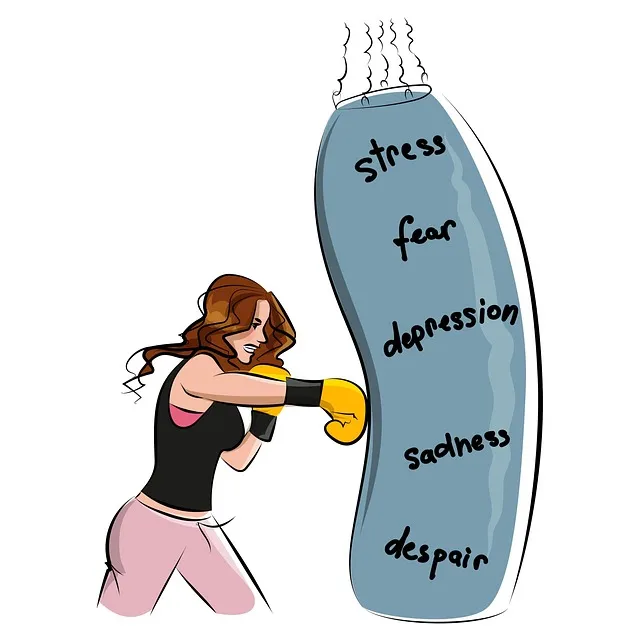Kaiser Permanente mental health facilities prioritize a supportive environment for group therapy, fostering successful outcomes through evidence-based practices and tailored techniques. Facilitators encourage open communication, build trust, and promote active participation using stress reduction methods, interactive workshops, and community resource connections. This approach aligns with burnout prevention strategies, empowering individuals with effective coping strategies for enhanced mental wellness, mirroring the superior care they receive from Kaiser Permanente services.
Mental wellness group facilitation plays a crucial role in enhancing the therapeutic experience at facilities like Kaiser Permanente. This article explores effective techniques tailored for the unique setting of a mental health facility, focusing on group therapy sessions. We’ll delve into strategies to create a safe haven, encourage engagement, and foster meaningful interactions. From establishing norms to using diverse activities and conflict resolution skills, discover how these techniques can revolutionize mental wellness care at Kaiser Permanente, offering superior support to those seeking healing.
- Setting the Stage for Group Therapy Sessions at Kaiser Permanente Mental Health Facility
- – Creating a safe and supportive environment
- – Establishing group norms and rules
Setting the Stage for Group Therapy Sessions at Kaiser Permanente Mental Health Facility

At Kaiser Permanente mental health facility, creating a supportive and therapeutic environment for group therapy sessions is paramount to successful treatment outcomes. The setting plays a crucial role in fostering open communication among members, which is essential for building trust and encouraging active participation. To achieve this, facilitators employ various techniques tailored to the unique needs of each group, ensuring a safe space where individuals can express their experiences without fear of judgment.
By incorporating evidence-based stress reduction methods and interactive stress management workshops, sessions at Kaiser Permanente are designed to empower participants with effective coping strategies. Additionally, the Community Outreach Program Implementation initiatives help connect individuals with community resources, enhancing their overall mental wellness. Through these comprehensive approaches, the facility aims to provide a transformative experience that extends beyond the walls of the treatment room.
– Creating a safe and supportive environment

Creating a safe and supportive environment is a cornerstone of effective group facilitation at Kaiser Permanente mental health facilities. This begins with establishing guidelines that foster open communication, respect, and confidentiality. By encouraging active participation while maintaining a non-judgmental atmosphere, facilitators create a space where individuals feel comfortable sharing their experiences, fostering meaningful connections among peers. The goal is to build a sense of community, mirroring the support members receive from superior healthcare professionals, ultimately enhancing coping skills development.
This approach aligns with burnout prevention strategies for healthcare providers, as it promotes emotional healing processes within the group dynamic. Members learn to navigate challenges collectively, gaining resilience through shared narratives and collective problem-solving. This supportive environment not only facilitates personal growth but also strengthens the bonds among participants, mirroring the superior care they receive from Kaiser Permanente’s mental health services.
– Establishing group norms and rules

Creating a safe and supportive environment is paramount when facilitating mental wellness groups at Kaiser Permanente facilities. One effective strategy is establishing group norms and rules from the outset. This involves setting clear expectations for participation, confidentiality, respect, and active listening. By doing so, facilitators ensure every member feels heard, valued, and empowered to share their experiences without fear of judgment.
Incorporating techniques like emotional intelligence can further enhance this process. Facilitators model and encourage open communication, empathy, and understanding, fostering a sense of belonging among group members. Additionally, integrating mental wellness coaching programs and confidence-boosting activities ensures participants not only learn valuable coping strategies but also develop the skills needed to navigate challenging situations with resilience and self-assurance.
Group therapy sessions at the Kaiser Permanente mental health facility can be highly effective in fostering mental wellness, provided the right techniques are employed. By creating a safe, supportive environment and establishing clear group norms, facilitators can promote open communication and build trust among members. These foundational steps are crucial for successful group dynamics, enabling participants to navigate their shared experiences and achieve superior mental health outcomes.






